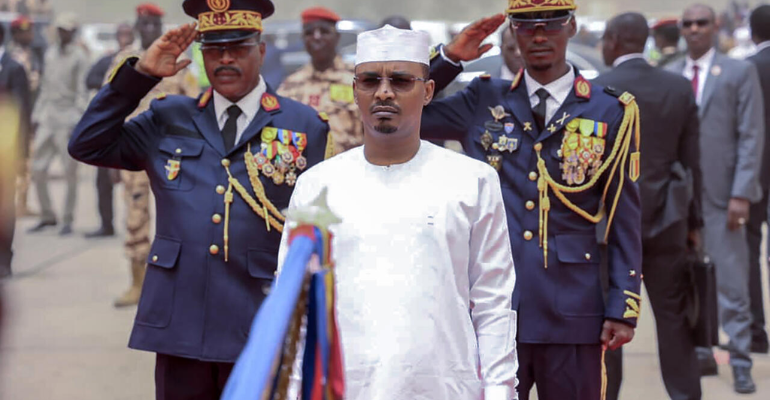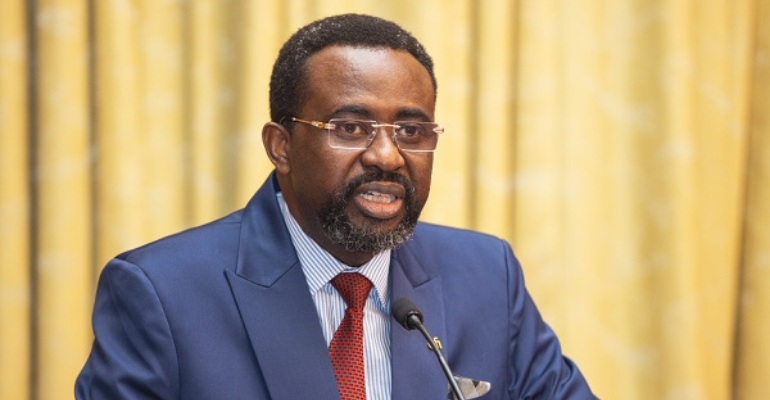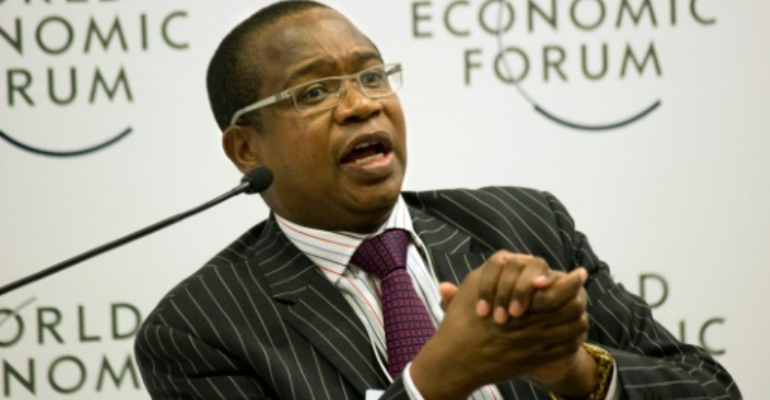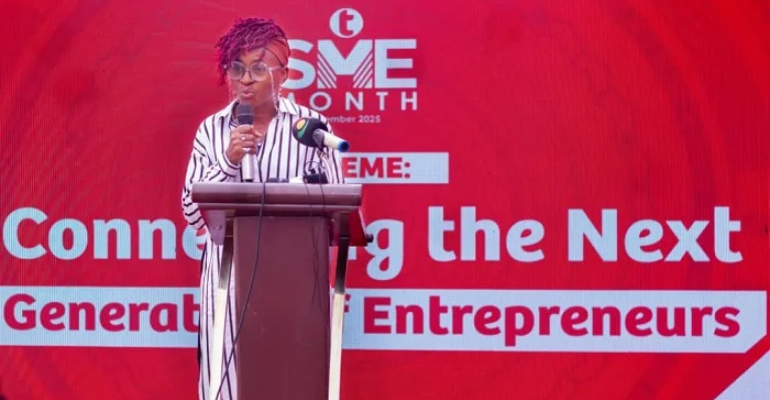Introduction
Chad’s parliament has voted to remove presidential term limits, extending the presidency from five to seven years and allowing unlimited renewals. If confirmed by the Senate, President Mahamat Idriss Déby will be free to rule without term limits. Supporters argue that this reform is necessary to maintain stability in one of Africa’s most fragile states. Critics, however, refer to it as the “burial of democracy” (AllAfrica, 2025). Read Here
This move comes in a country where Idriss Déby Itno ruled for more than three decades until his death on the battlefield in 2021, after which his son, Mahamat Déby, assumed power through a military transition. The reform is therefore not occurring in a vacuum; it follows a regional pattern where incumbents reshape constitutions to secure indefinite rule, raising questions about the future of democratic governance on the continent.
This debate goes beyond Chad. It touches on a wider African dilemma: do extended presidencies bring stability, or do they entrench authoritarianism and economic stagnation?
The Stability Argument
Governments that remove term limits often argue that continuity is essential in fragile contexts. Chad sits at the center of multiple crises: Boko Haram spillovers from Nigeria, Sudan’s instability, and jihadist violence across the Sahel. In such an environment, supporters of Déby claim frequent leadership changes could weaken the State.
This argument has been used elsewhere. Rwanda justified President Paul Kagame’s extended rule as critical for post-genocide reconstruction. Uganda’s Yoweri Museveni cited the need for experienced leadership in fighting terrorism. Chad’s government now echoes these lines, framing Déby’s rule as indispensable to maintaining the country’s unity.
But history suggests otherwise. Prolonged rule often weakens, rather than strengthens, state institutions. Leaders consolidate power around themselves, hollowing out checks and balances. What emerges is not resilience, but dependency, where stability hinges on one individual rather than on effective institutions. Zimbabwe under Robert Mugabe or Cameroon under Paul Biya illustrates how long-term incumbency may initially promise stability but eventually breeds economic stagnation, corruption, and political crises.
A Regional Trend of Democratic Backsliding
Chad’s move is part of a larger wave. Across Africa, constitutional reforms have become a means for incumbents to extend their tenure in office. The Africa Center for Strategic Studies (2023/2024) reports that nearly a dozen leaders in the past two decades have altered constitutions to extend their rule. The results are familiar: weakened democracies, political unrest, and contested legitimacy.
This pattern is also linked to instability. In Mali, Burkina Faso, Niger, and Gabon, leaders who overstayed or manipulated constitutions were eventually ousted through military coups, often justified as corrective measures against entrenched rulers. Instead of serving as a milestone in Chad’s democratic transition following the death of Idriss Déby Itno in 2021, this reform risks locking the country into another cycle of authoritarian continuity, a pattern that history shows may invite greater instability rather than prevent it.
Ghana: A Different Path
Since 1992, Ghana’s two-term presidential limit has remained in place. Elections are fiercely contested, but power has alternated peacefully between rival parties. The 2024 elections once again underscored this democratic resilience (Al Jazeera, 2024; The Africa Report, 2024). Notably, no Ghanaian president has ever attempted to alter the term limit provision, a rarity on the continent.
This commitment has paid dividends. Ghana’s democratic stability is a magnet for investors, partners, and development institutions. Predictable leadership changes reassure both citizens and investors that the system, not just the leader, matters.
Chad, by contrast, risks alienating investors wary of political uncertainty. Term limits are not just a democratic safeguard; they are also a foundation for economic trust.
The Price of Entrenchment: The Economic Stakes
Chad’s economy is already fragile, suffering severe fiscal stress, overdependence on oil, and growing food insecurity. Entrenched regimes rarely tackle such vulnerabilities head-on. Instead, they prioritize regime survival, which often fuels corruption and stifles reform.
The resource curse dynamic amplifies the risks. Oil revenues in Chad have historically led to elite capture rather than broad-based development, and unlimited presidential tenure is unlikely to alter this trend.
Removing term limits may seem like a short-term solution to ensure continuity, but it risks long-term stagnation. Ghana’s contrasting trajectory shows that respecting term limits and constitutional order strengthens investor confidence and fosters innovation.
Stability or Setback?
Chad’s removal of presidential term limits forces a difficult question: Does extending presidential tenure guarantee stability, or does it merely postpone more profound instability?
Supporters see continuity as necessary in a dangerous neighborhood. Critics argue that democracy itself is the best path to resilience. If Chad continues down this road, it may find that what appears to be stability today could become the root of tomorrow’s instability. Stability rooted in institutions, rather than individuals, is more sustainable and ultimately more beneficial for economic and political development.
Conclusion
The removal of presidential term limits in Chad signals a potential setback for democracy in Central Africa. While framed as a pathway to stability, historical and comparative evidence suggest it is more likely to undermine institutional resilience and economic progress. Ghana’s contrasting trajectory demonstrates that adherence to democratic norms can create both political and economic dividends.
Chad’s choice will not only shape its future but also test Africa’s broader struggle between entrenched rule and democratic renewal. For Africa’s long-term prosperity, respect for constitutional term limits remains a cornerstone of democratic governance and sustainable stability.
References
Africa Center for Strategic Studies. (2023, October 24; updated June 6, 2024). Term Limit Evasions and Coups in Africa: Two Sides of the Same Coin [Report]. https://africacenter.org/wp-content/uploads/2024/11/Term-Limit-Evasions-and-Coups-in-Africa-Two-Sides-of-the-Same-Coin.pdf
AllAfrica. (2025, September 22). Chad: Move to drop presidential term limits slammed as ‘burial of democracy’. https://allafrica.com/stories/202509220071.html
Al Jazeera. (2024, December 8). Ghana’s former President John Mahama wins election. https://www.aljazeera.com/news/2024/12/8/ghanas-former-president-john-mahama-wins-election
The Africa Report. (2024, December 11). Ghana: Free, fair and transparent elections reinforce its democratic path. https://www.theafricareport.com/370806/ghana-free-fair-and-transparent-elections-reinforce-its-democratic-path/











